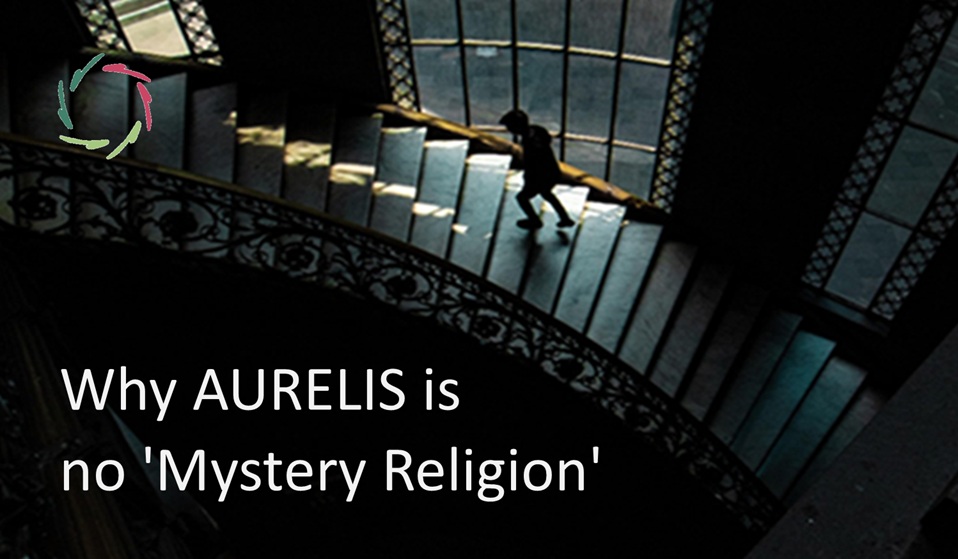Aurelian Expectations

Well-oriented expectations can be powerful self-fulfilling prophecies. This is ancient wisdom and scientific fact. In profundity, they should be handled carefully and, most importantly, with good aim.
(In this text, with ‘expectations’ is meant the kind that involves one also in-depth.)
Expectation + (self-)deception = placebo
Deception should never be used if anyhow avoidable. If there is an alternative, one should choose this. Possible exceptions are extraordinary circumstances in which it is difficult to avoid deception ― for instance, battlefield or end-of-life situations. Humaneness is a top priority.
Apart from this, placebo must go. It is not compatible with any of the five Aurelian ethical values.
No law of attraction (= you simply get what you consciously expect)
This might even have the reverse effect. Suppose you (from your ego) try to enforce yourself-as-total-person into something that doesn’t agree with you (total person). In that case, the latter may object, obstruct, or even counter your (ego’s) intent.
Because of this, I see no decent law of attraction, but there is a ‘law of friendly invitation.’ That may seem less active. It may indeed be less straightforward but undoubtedly more effective in the right setting.
There is a balance between ease and profound effectiveness.
What appears straightforward may hide several levels of relevant complexity. Coercing oneself into a superficial-level intent may have unfortunate consequences in a broader sense. An organism needs proper support, not just some pushing or pulling. The pushing or pulling may provoke tears in the organic fabric ― which may lead to short- or long-term mishaps.
For instance, it may heighten inner dissociation, carrying many chronic consequences on the health of mind and body.
Altogether, seeing your ‘deeper self’ as an enemy to fight against is not a good idea. It may let you win an illusory game to the detriment of who you are.
Predictive brain
Expectations are actually pre-conceptions formed by our ‘predictive brain.’ Theoretically, they are all errors, but they are also the usual way of human thinking. We cannot think without expectations/preconceptions. Therefore, there is no fault intrinsically involved, and certainly no guilt.
Our brains are instruments of prediction from start to end.
Aurelian expectations
Once you know this, you can make the best use of the situation. The worst preconception is to ignore it.
In AURELIS setting, a crucial aim is to guide (not manipulate) your expectations for good purposes in ethical ways, and deeply congruent with your ‘true self’ ― for instance, through the use of AurelisOnLine sessions.
AURELIS-autosuggestion
This starts from who/what you are: a complex organism, not a mechanism. The aim should be to support yourself organically, respecting your profound complexity as such.
That demands a striving for truth, taking into consideration that “only truth can truly cure.” AURELIS autosuggestion may be seen as truthful expectation. Its ‘power’ is the power of expectation ― oriented to the purpose of mental growth. This ethical stance is also crucial within the auto-suggestive action to make it worthwhile and effective.
In short
Time and again, ‘AURELIS invitation’ carries the profound expectation (the ‘belief in yourself’) that you can and will evolve toward a more Compassionate you.
That is also the more truthful and original you.


